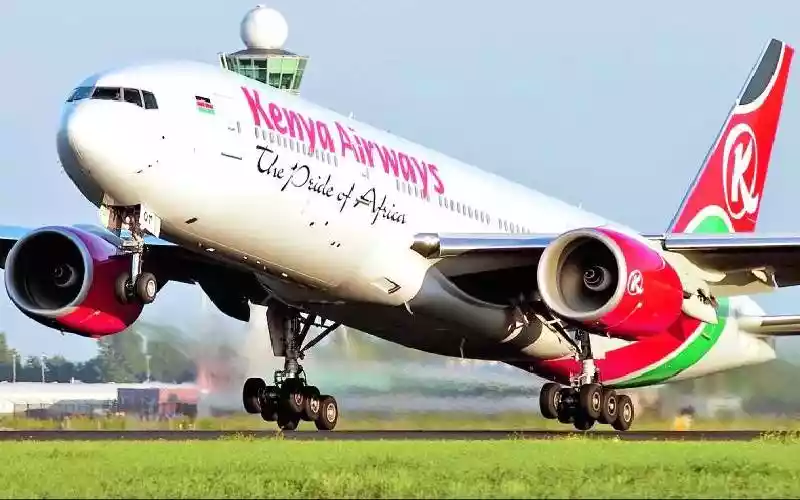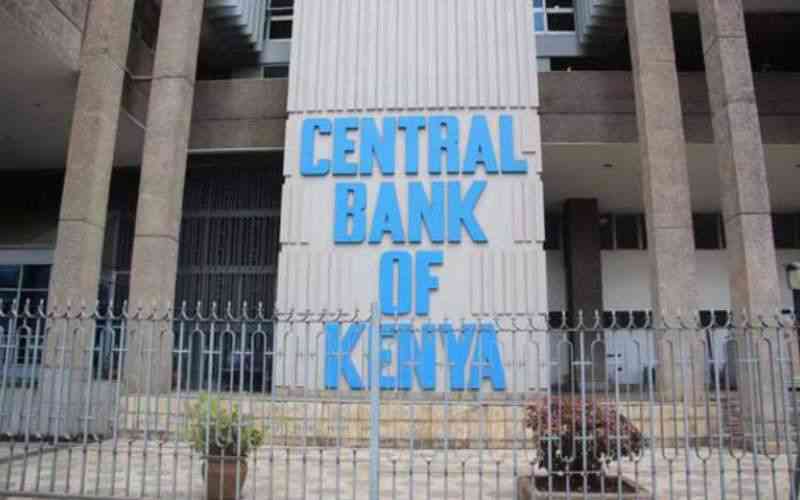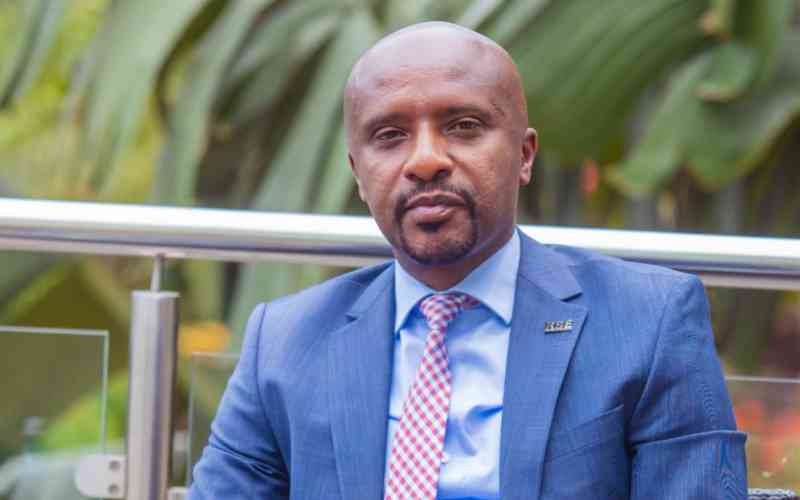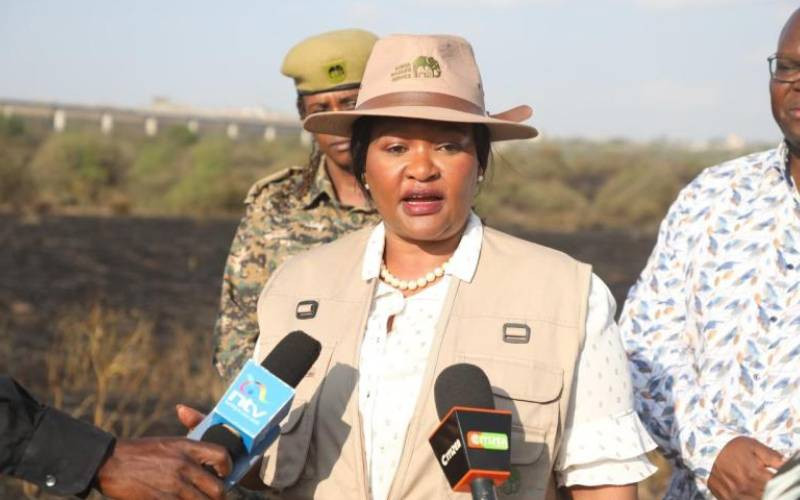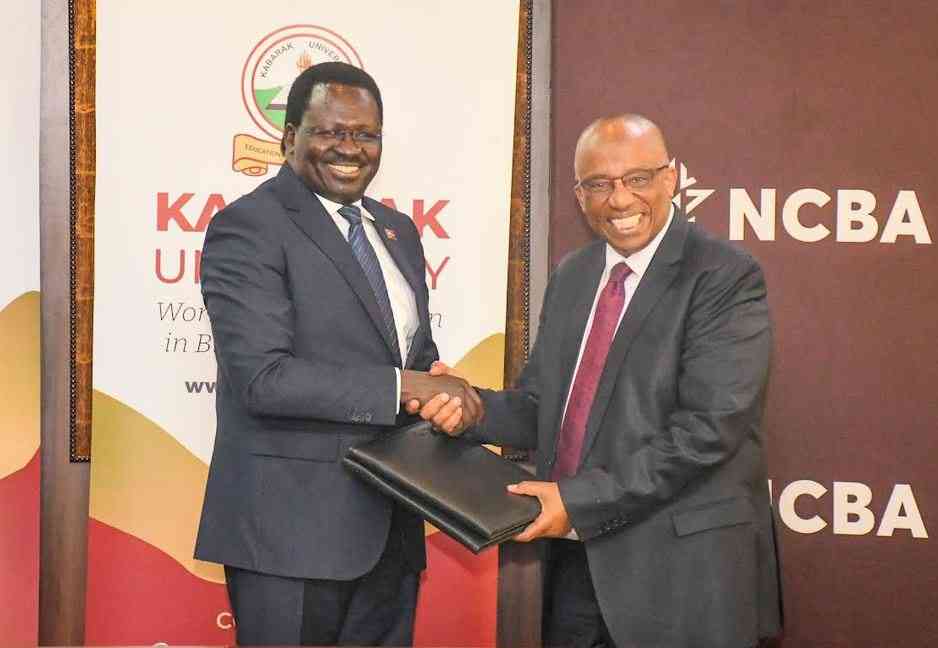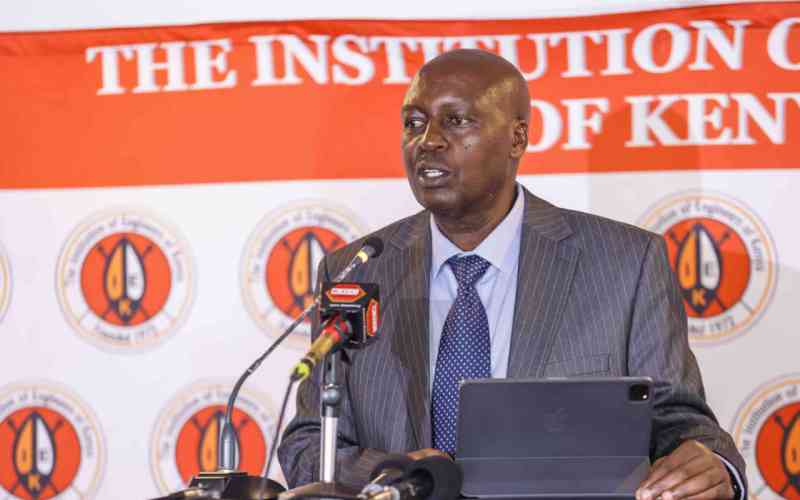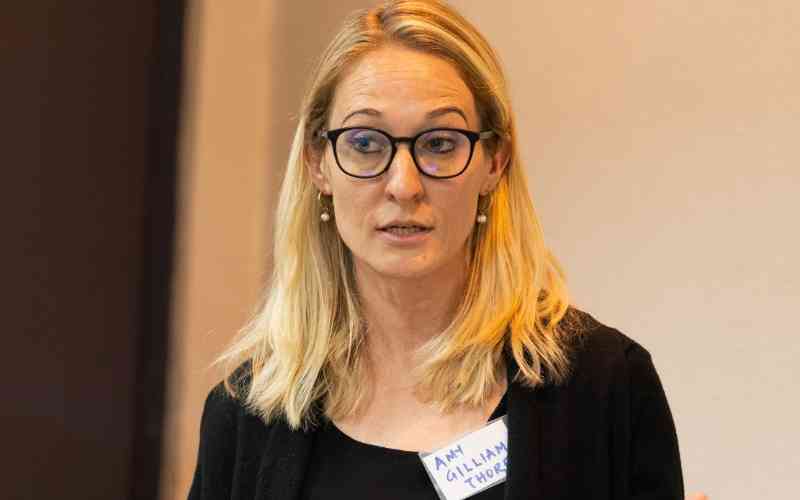
Close your eyes and imagine for a moment that you are a smallholder farmer in Namibia. The country is experiencing one of the most severe droughts yet. Water is scarce, your livestock are dying, and crops have already failed, severing your family’s only source of livelihood and food security.
You are not alone. Another 70 million people in the region are in urgent need of food. Next, picture African wildlife being culled as a measure to reduce widespread hunger and save lives.
These are not future threats but current lived realities. The least responsible communities are the most affected, bearing the brunt of climate shocks and often resorting to maladaptation to survive.
The UNEP’s 2025 Adaptation Gap Report, titled Running on Empty, signals yet another warning bell for climate inaction – the world is failing to close the ever-widening adaptation finance gap. With intensifying droughts, floods and other climatic events, the report findings beg the question: how do we talk about the Global Goal on Adaptation (GGA) and its targets when the means to achieve them are drying up?
The Alarming Reality
The UNEP 2025 Adaptation Gap report (Running on Empty) warns that developing countries alone will need between USD 310 and 365 billion per year for adaptation by 2035, based on updated NDCs and NAPs. However, international public adaptation finance flows to developing countries declined from USD 28 to 26 billion between 2022 and 2023 and will likely decrease further in 2025 due to changing geopolitical priorities, fiscal constraints, and declining aid.
On top of the vast finance gap, the report reaffirms that most adaptation finance is also channeled through debt instruments, heightening the debt distress of climate-vulnerable regions like Africa.
These trends expose a stark truth – the world is talking about resilience while starving those on the frontlines of the funds needed to adapt. At this pace, the 2025 deadline for developed countries to fulfil the Glasgow pledge to double international public adaptation finance from 2019 levels – a drop in the ocean compared to what is needed – is on track to become another broken promise.
Adaptation gaps and needs are not abstract figures. They are questions of justice – the difference between dignity and despair, between communities that can withstand droughts and floods with dignity and those left to suffer loss, displacement, and hunger.
Africa’s Stakes:
The stakes could not be higher for Africa, given its heightened vulnerability and negligible contribution to historical global emissions. While certainly warming faster than the global average, the continent’s climate vulnerability does not emerge in a vacuum. It is shaped by colonial legacies and enduring structural inequalities, dependency on climate-sensitive sectors, aid and finance systems that keep Africa debt-burdened, underfunded and tied to donor mandates, and procedural exclusion that limits African diplomatic access to UN climate processes.
Without scaling grant-based, sufficient, and accessible adaptation finance, Africa’s adaptation efforts and development progress will stagnate or deteriorate, unable to keep pace with escalating climate risks.
COP30 – A make or break moment for adaptation progress
COP30 must be a political turning point for adaptation, bringing it from the margins of the UNFCCC process to the centre of negotiations. With the GGA widely considered the brainchild of the African Group, Africa must play a central role in driving ambitious adaptation outcomes.
By far, the most pressing adaptation agenda item will centre on Parties’ adoption of a set of robust and fit-for-purpose indicators to track progress on the GGA targets. Importantly, Africa must ensure a significant portion of these indicators explicitly track means of implementation support, including finance, technology transfer, and capacity building, in relation to the Paris Agreement.
Stay informed. Subscribe to our newsletter
Measuring provision and receipt of support from developed to developing countries, including identifying barriers to action, is key for effective implementation of the GGA.
Additionally, Africa must call for the GGA targets to be linked to both the immediate tripling of adaptation finance by 2030 beyond the current doubling pledge, along with a robust process for determining evolving adaptation needs linked to temperature increases and costs associated with achieving the 11 GGA targets – 7 thematic and 4 related to the policy cycle.
Beyond adopting indicators, the Baku Adaptation Roadmap presents an opportunity for Africa to push for adaptation action and operationalisation of the GGA targets and indicators – specifically building local capacities for their use and integration into national planning and reporting systems.
Why GGA MoI indicators and finance matter
Under the UN Framework on Climate Change and Paris Agreement, developed countries are obliged to support developing countries in the form of finance, technology, and capacity building support, known as means of implementation. Equity and balance between adaptation and mitigation finance are also key promises – reaffirmed from Paris to Glasgow and again in Baku under the New Collective Quantified Goal on Climate Finance. But repetition is not action: without measurable delivery, these promises ring hollow.
Means of Implementation and finance are inseparable. Without robust MoI indicators and scaled quality adaptation finance, the Global Goal on Adaptation risks becoming another unfunded mandate that remains aspirational with no way to measure whether commitments are truly closing the finance gap.
The Global Goal on Adaptation resembles the Southern Cross – a guiding light and lifeline for climate-vulnerable regions that promises to drive and deliver collective progress on climate resilience. For the GGA to be effective and build the resilience of those most affected, finance and means of implementation support must be secured and meaningfully tied to each other.
COP30’s adaptation success will not be judged by new frameworks or initiatives, but by whether it can unlock political will, accountability and real resources for local communities.
The summit is also an opportunity to restore faith in multilateralism and the COP process.
Amy Giliam Thorp is the Programmes Manager and Adaptation Lead at Power Shift Africa
